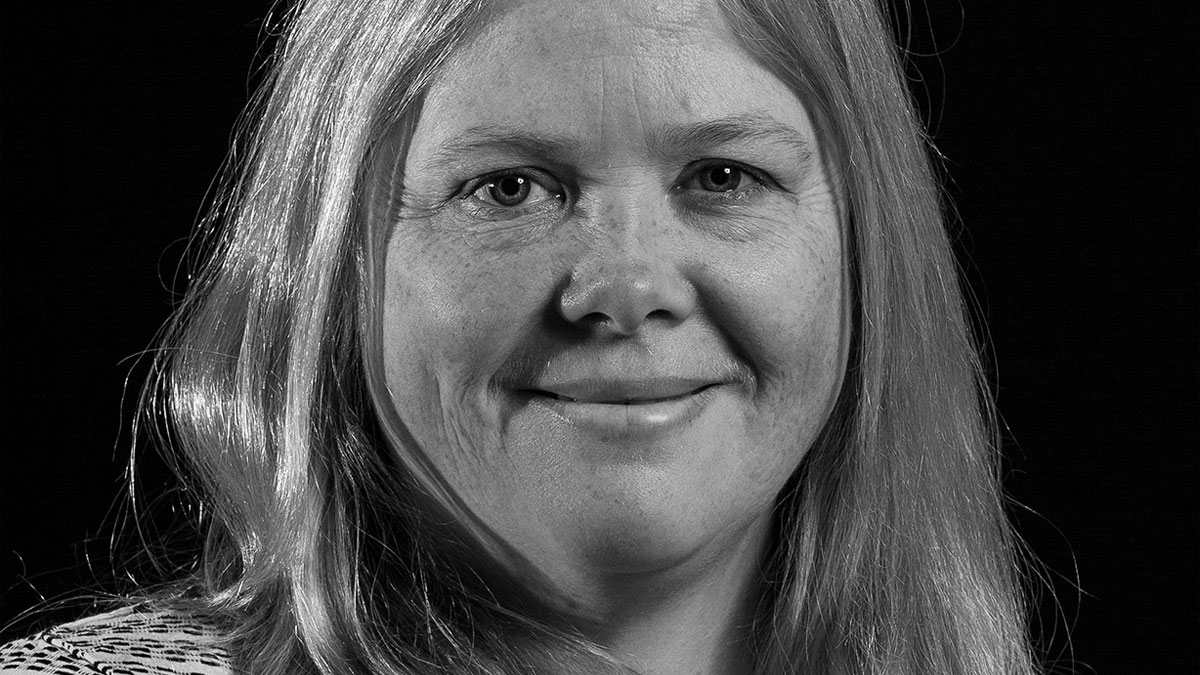Katrina Bicknell

-
+44 (0) 118 378 7032
-
Professor
- Professor in Cardiovascular and Regenerative Medicine
Areas of interest
- TGF-beta signaling and cardiomyocyte growth
- Forkhead transcription factors and cardiomyocyte growth
- Molecular mechanisms that control limit cardiac repair
- Stem cells and cardiac repair
- Natural products and stem cell differentiation
Background
Coronary artery disease is the most common form of heart disease, affecting over one million people in the UK. This occurs when atherosclerotic lesions obstruct the flow of blood though the coronary vessels that supply the heart. Narrowing or blockage of these vessels leads to myocardial ischemia, which can result in angina, a heart attack (myocardial infarction), sudden cardiac death and/or heart failure. If the blood supply is not restored rapidly to the ischaemic region of the heart, myocardial infarction can result in terminal loss of cardiomyocytes, leading to permanent myocardial damage.
Damaged myocardial tissue cannot be replaced, as the proliferative capacity of surviving cardiomyocytes is severely limited. Instead, within hours of the injury, cardiac remodelling is initiated and this progresses over weeks and months. Maladaptive left ventricular remodelling after myocardial infarction is a leading cause of heart failure and includes the development of cardiomyocyte hypertrophy to compensate for lost functional myocardium and replacement of the necrotic myocardial region with an inflexible scar. Thus, understanding what limits myocardial repair following injury and the development of novel therapeutic strategies to promote cardiac regeneration following myocardial infarction are of great importance.
The aim of my research is to expand our understanding of the molecular mechanisms that limit cardiac repair following injury. For instance, we do not fully understand the molecular events that prevent cardiomyocyte proliferation and promote cardiac hypertrophic growth in the injured adult mammalian heart. An increased understanding of the molecular mechanisms that control cardiomyocyte growth might aid the development of therapies aimed at re-initiating myocardial cell division to repair an injured myocardium or to treat detrimental cardiac hypertrophy that can lead to heart failure.